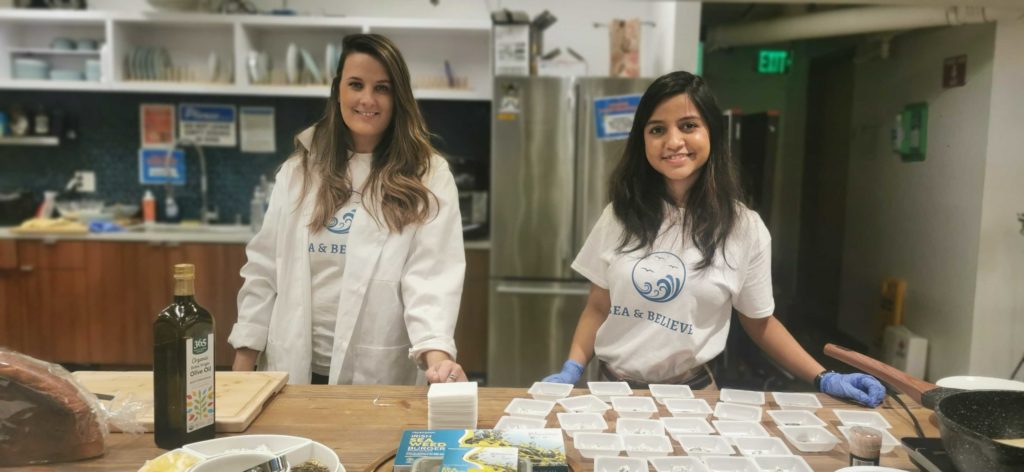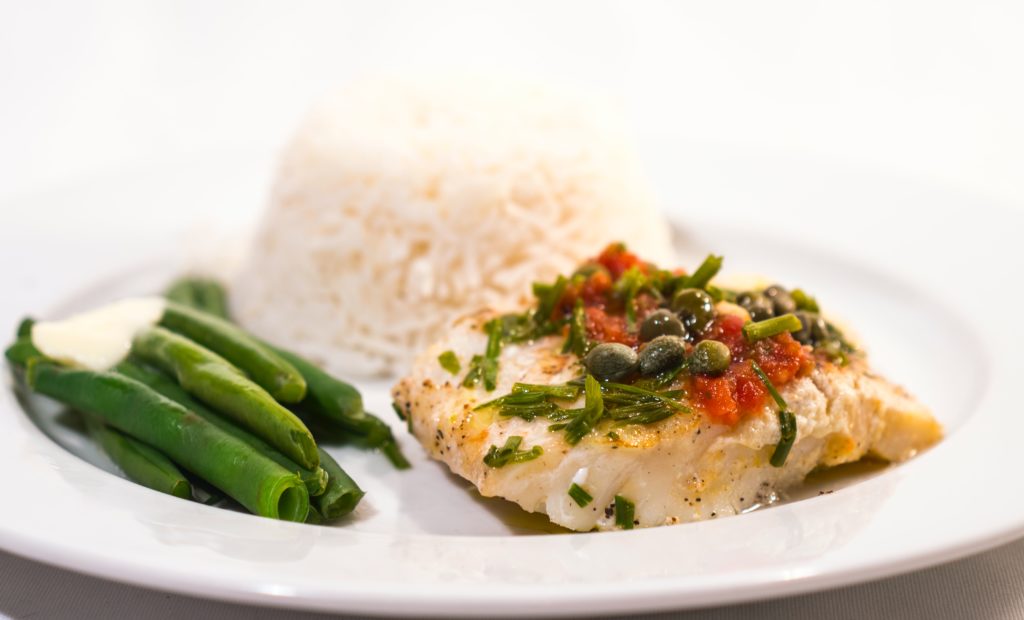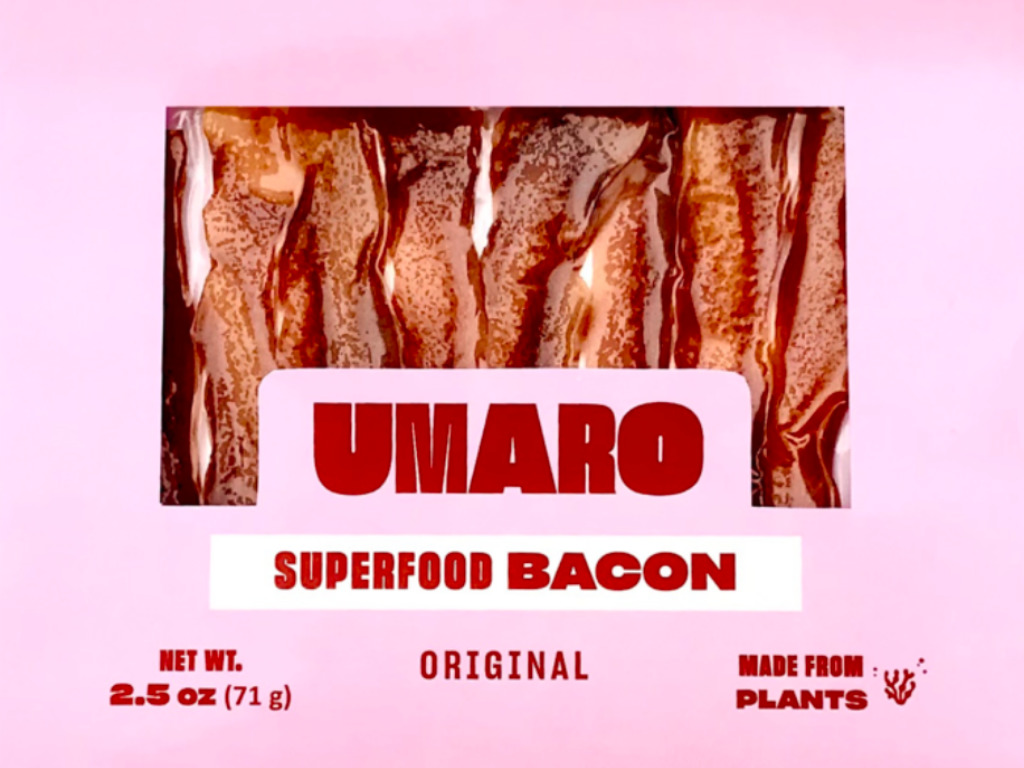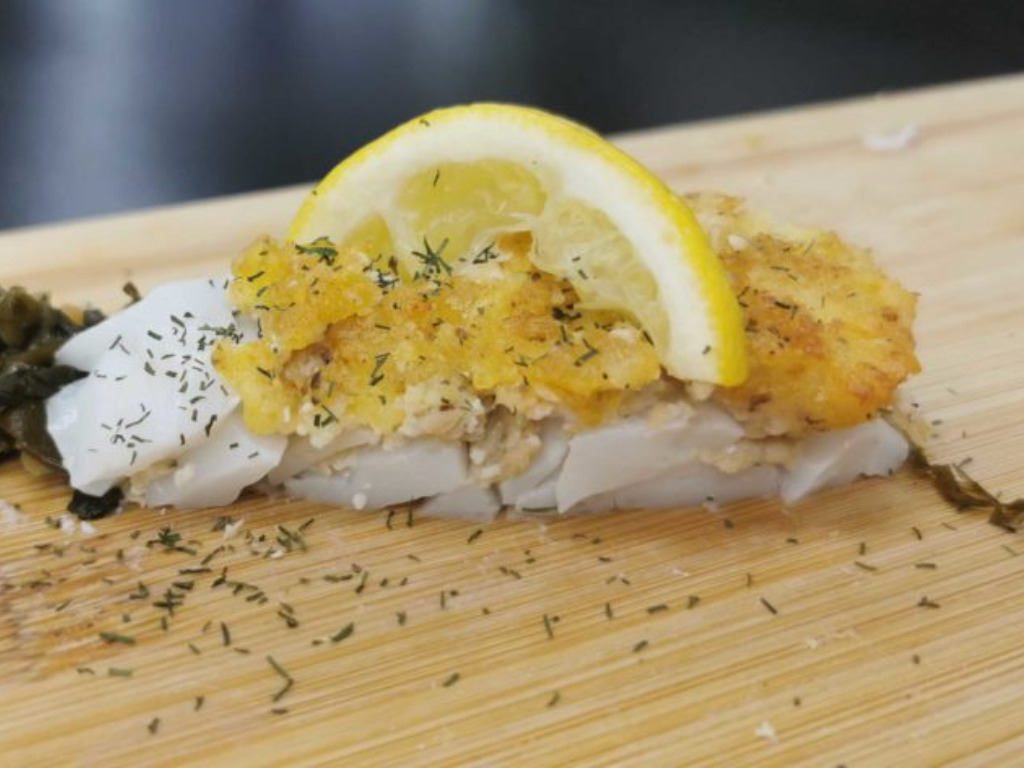3 Mins Read
Irish startup Sea & Believe recently unveiled its newest development: a vegan whole-cut cod fillet. The company considers the breakthrough to be its biggest to date. It follows the commercial release of seaweed goujons and seaweed burgers. Both are sold in 50 locations across Ireland presently.
The cod fillet was shown at IndieBio’s demo day by company founder Jennifer O’Brien, who studied Irish seaweed’s functional properties. She recalls eating it in her youth to help treat chronic asthma and later, discovered a range of benefits the natural ingredient offers.

Why a replacement for cod is essential
One of the most popular food dishes in the U.K. and Ireland, cod and chips has become as much of a tradition as a Sunday beef roast. Due to surging demand for the species throughout the 20th century, cod has been vastly overfished. Today, it is considered a critically endangered species, with its habitat unequivocally altered and polluted. Climate change is set to affect stocks even further.
Cod fare best in cold, deep water. Rising planetary temperatures are ensuring that seas are also getting warmer, therefore making the remaining cod stocks seek cooler habitats. The result is a predicted total lack of cod for British and Irish meals, making alternatives essential.

Plant-based cod for dinner?
Sea & Believe was founded after O’Brien identified the potential applications of Irish seaweed. Its ability to sequester carbon and deacidify water first piqued her interest.
“I knew then that there was something special about Irish seaweed,” O’Brien said in a statement to IndieBio. “I wanted to learn about its properties and figure out how to scale that into a business some day.”
Partnering with chief technical officer Piyali Chakraborty made the business dream a reality. It is now progressing to new levels, with whole-cut alternative seafood being created to fill a gap in the market. It is claimed that when finalised, the company’s vegan cod fillet will contain 25 grams of protein per serving and be the first of its kind to ‘flake’ like conventional fish meat.
To support R&D efforts, Sea & Believe is in the process of securing $3 million in investment. Once seed funding has been garnered, the company will seek to build out its Irish seaweed supply chain. This will include the development of a new seaweed farm in the northwest of the country.
To support the local fishing industry, the startup is working closely with the Irish Seafood Development agency and Údarás na Gaeltachta, a local economic development agency. Together, the three will offer training to local fishermen to allow them to harvest seaweed and enter the supply chain.

Seaweed farming as a solution to overfishing
The seaweed farming model is not exclusive to Sea & Believe but does offer widespread potential as an alternative to overfished seafood protein. The UN’s Blue Deal coalition is centred around a seaweed-based economy designed to preserve oceans and fish stocks. As a practice, seaweed farming is sustainable, with many varieties being ready to harvest quickly and for a plethora of uses.
Alongside alternative seafood, seaweed is being used as a foundational building block for, potentially, more surprising products. Seaweed bacon is currently being developed by California’s Umaro Foods, following a $3 million seed raise, led by AgFunder.
In the non-food sector, German woman-led startup Vyld is producing sustainable seaweed-based tampons. The idea behind the development is to offer democratisation of menstruation products, while improving bodily health. No bleaching is needed for seaweed tampons, which the startup calls ‘kelpons’.
Lead photo by Sea & Believe.




